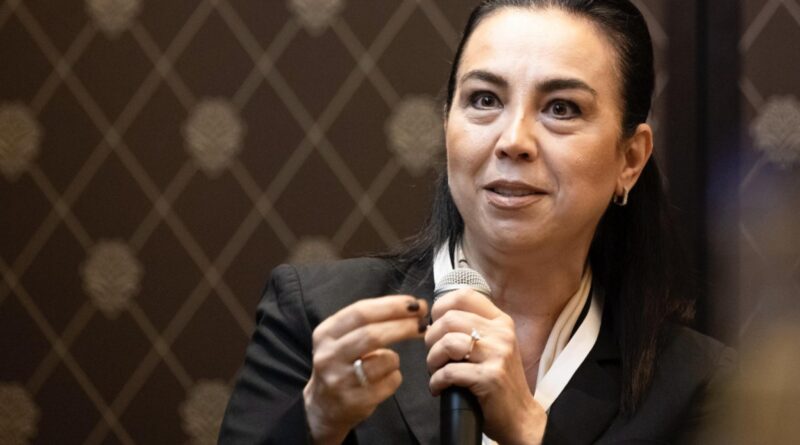Africa: Healthy Heart Africa
Geneva — While infectious diseases have long been known to be major drivers of poor health and death in Africa, there is another crisis that demands urgent attention: the rapid increase in non-communicable diseases (NCDs) on the continent. Today, about two in every five deaths in Africa are caused by diseases like cancer, heart and lung disease and diabetes – diseases that are all too often underdiagnosed and undertreated.
Urgent action to reverse this trend is long overdue, and as leaders gather in Geneva this week for the World Health Assembly, it’s important that they prioritize tackling these killer diseases.
The urgency of addressing NCDs in Africa cannot be overstated. We have a unique opportunity to transform health outcomes through collaborative efforts.
There are a few factors that are essential to making lasting progress on NCDs.
The first is working across sectors. Healthy Heart Africa, a private-public partnership, is one initiative that exemplifies the power of collaboration. Launched in 2014, the programme has helped countries address the growing social and economic burden of heart disease by targeting those in greatest need and improving equitable access to care. Over the past decade, the programme has identified more than 10 million people with elevated blood pressure, and conducted over 54 million screenings, across nine countries in Sub-Saharan Africa. It also supports local health system resilience through training healthcare providers and uplifting capabilities at community and primary levels of the healthcare system.
The second factor in tackling NCDs is early detection and intervention, which relies on the capacities and capabilities of primary healthcare networks. As the first point of contact for individuals seeking healthcare, general practitioners and community health workers and facilities play a key role in screening for NCDs, providing preventive care, and referring patients to specialists when needed. Healthy Heart Africa places an emphasis on training healthcare workers on recognising the signs and symptoms of NCDs, including hypertension and chronic kidney disease, as well as supporting community education and awareness initiatives to empower patients with this knowledge, too. This is essential to avoiding later stage treatments such as dialysis and transplantation, which are invasive, expensive, and energy-intensive, placing a significant burden on health systems.
Addressing NCDs effectively involves recognising the intricate connections between various NCDs and the importance of an integrated and comprehensive healthcare ecosystem. These diseases often coexist and share risk factors, such as lifestyle choices, genetics, and environmental influences. For instance, a person with diabetes is at higher risk for cardiovascular issues, and vice versa. Globally, the incidence of cardiovascular disease among patients with type 2 diabetes is two to three times higher than among those without type 2 diabetes. This interplay underscores the importance of an holistic approach to healthcare that addresses not just individual diseases in isolation, but also the complex interactions between different conditions.
The final measure to confront the NCD challenge is sustaining momentum. Healthy Heart Africa is taking a decade of lessons combating NCDs and stepping up its efforts in 2024. Driven by the interconnected nature of NCDs and the additional challenges posed by climate change, the programme is expanding to now also target chronic kidney disease. Despite affecting an estimated 15 percent of people in Africa, higher than the global average, low public awareness and insufficient health policies mean chronic kidney disease often goes undetected and undertreated. Moreover, environmental factors like extreme heat can increase the severity of these conditions and the likelihood of mortality. Healthy Heart Africa aims to improve this outlook by boosting access to and funding for the prevention and screening of chronic kidney disease across the continent.
Scaling up ‘Healthy Heart Africa’, a programme that has already driven millions onto treatment pathways
The urgency of addressing NCDs in Africa cannot be overstated. As we convene at WHA77, we have a unique opportunity to transform health outcomes in Africa through collaborative efforts. At AstraZeneca, we co-hosted an event with the Ministry of Health, Uganda on “Tackling the Growing Burden on NCDs in Africa” where we engaged with global leaders on how to reverse this trend and how to scale up Healthy Heart Africa, a programme that has already driven millions onto treatment pathways. By improving health equity and enhancing the resilience of health systems, we strive to create lasting change that will benefit millions across the continent.
Pelin Incesu is Area Vice President for the Middle East and Africa at AstraZeneca.

